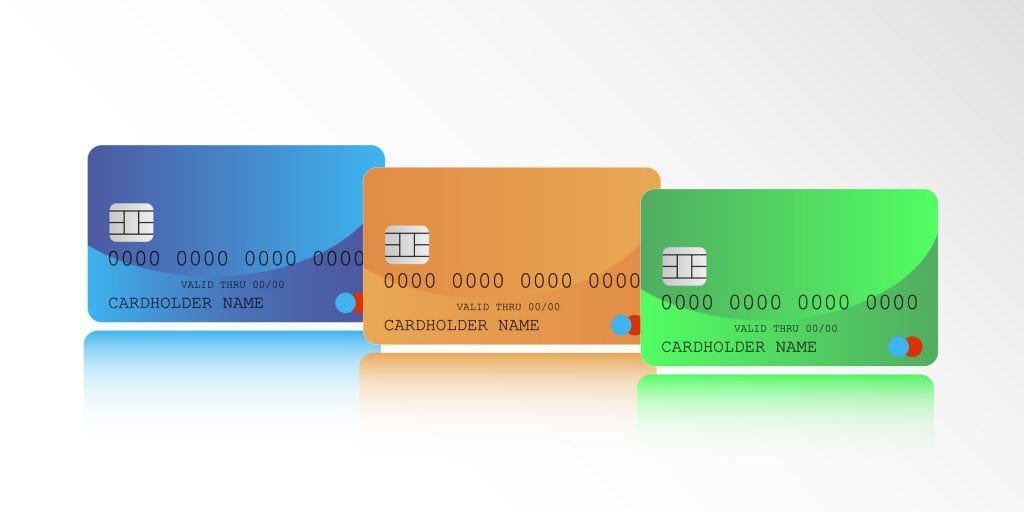Debit card overdrafts can be a risky financial tool for many consumers. In its simplest form, an overdraft occurs when a consumer spends more money than is available in their account. Since most debit card accounts aren’t directly linked to other accounts such as savings or investments, the consumer is at risk of bouncing the payment and incurring penalty fees.
In addition to requiring consumers to opt-in to overdraft services, the CFPB is getting ready to prescribe the disclosure treatment for overdraft services. The goal is to clearly explain the financial impact that could occur if debit card cardholders allow their debit card transactions to take their account negative. As outlined in The Hill:
The Consumer Financial Protection Bureau (CFPB) is considering action intended to make debit card users more aware of the fees banks charge for making a purchase without sufficient funds.
Banks will often allow debit card users to complete a transaction even if the cardholder’s account lacks enough money to do so. The bank will approve the transaction if the accountholder has opted-in for one-time card purchase overdrafting, but will charge a fee.
The CFPB has designed four potential disclosure templates that they are testing with consumers. It is suspected that one of these forms or one similar will become a mandatory disclosure for financial institutions.
On Friday, the consumer bureau proposed four potential forms that banks could use to help consumers pick the best overdraft fee option for them. The templates are part of a broader bureau effort to study whether it should require banks to offer such forms.
The purpose of this is a concern that financial institutions are not making it clear to debit card users who frequently overdraw their account that debit card transactions can overdraw their account and there are fees associated with that. The bureau has a concern that individuals with shaky credit histories or no credit scores are paying the lion’s share of debit card overdraft fees. The proposed disclosures can be found here.
Overview by Sarah Grotta, Director, Debit Advisory Service at Mercator Advisory Group
Read the full story here
